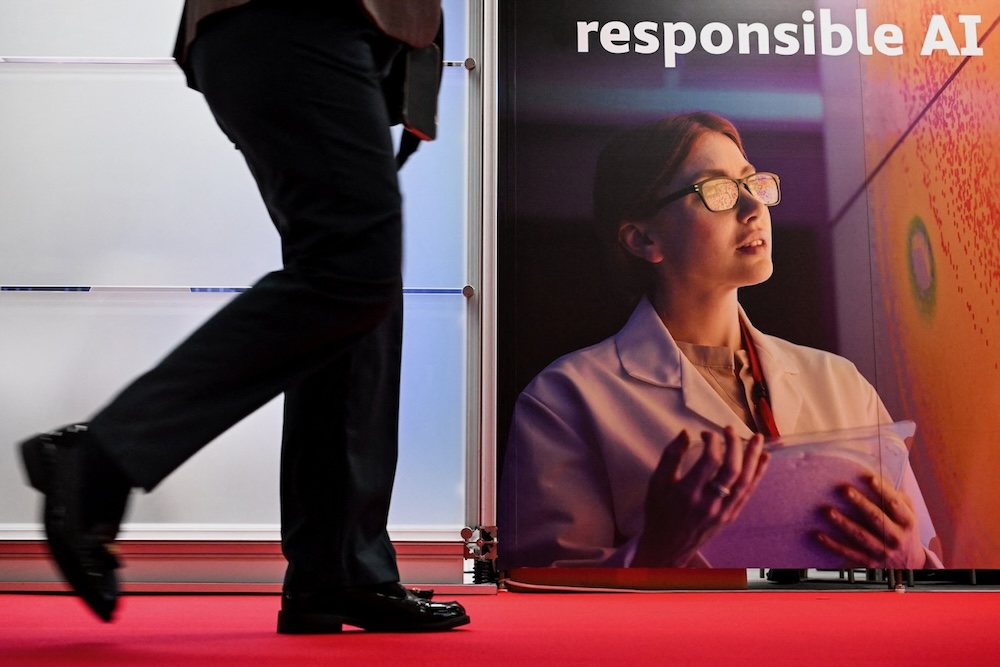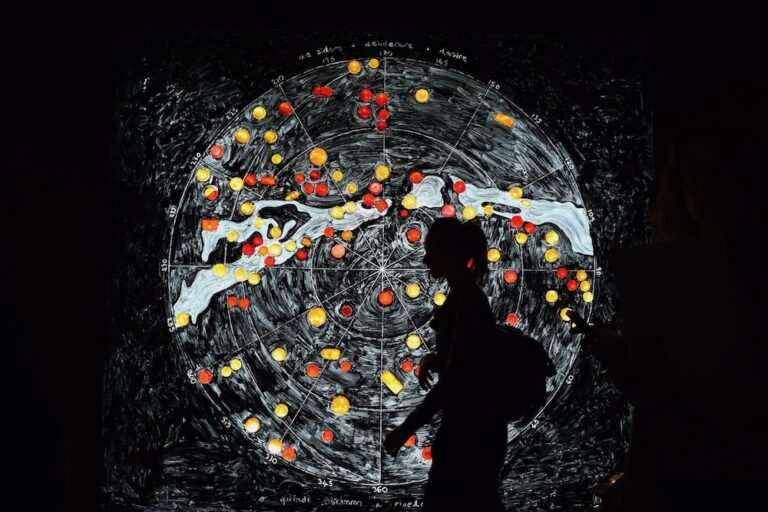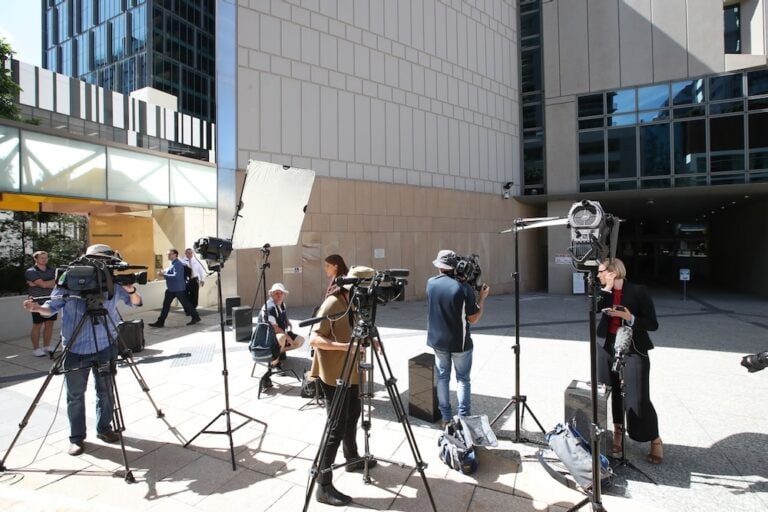The federal government is urged to implement laws to stop the theft of Australia's creative and media work by AI developers.
This statement was originally published on meaa.org on 27 November 2024.
A Parliamentary committee has recognised the urgent need for legislation to protect Australia’s creative and media landscape from the rapacious behaviour of the big Artificial Intelligence developers – now the government must act, says the union for media and creative workers.
The Media, Entertainment & Arts Alliance welcomes the clear and unambiguous call by the Select Committee on Adopting Artificial Intelligence for measures to protect creative content from being stolen by Google, Amazon, Open AI, Meta and other AI developers.
The committee’s final report released on Wednesday recommends the federal government implement laws to stop the theft of Australia’s creative and media work by AI developers and to ensure fair payment for work used in the training and production of AI inputs and outputs.
“The committee has called out the farcical arguments of the big AI developers who claim to be acting in the public interest when in reality they are acting in their own self-interest at the expense of our vital creative and media sectors, said MEAA Chief Executive Erin Madeley.
She said the committee report paved the way for the government to introduce legislation for an AI Act.
“This report makes it clear that the best way the government can deal with the breadth and scale of the threats posed by AI is through the legislation of a comprehensive, economy-wide AI Act.”
MEAA particularly welcomes the recommendation to force AI developers to be transparent about the use of copyrighted works in their training datasets, and that the use of such works is appropriately licenced and paid for.
MEAA is also encouraged by the report’s recommendation that the government consider a mechanism to ensure fair remuneration is paid to creators for commercial AI-generated outputs based on copyrighted material used to train their systems.
Implementing these recommendations are crucial first steps in stopping AI developers from scraping and stealing the work of creative and media professionals and to ensure that these workers are properly paid for the use of their work.
“In the months since the committee began its inquiries, we have seen more and more evidence come to light which suggests that the theft and exploitation of creative work has occurred at a much larger scale than previously thought putting into question the ongoing viability of rights and protections regimes that have governed the use of creative work for more than a century,” Ms Madeley said.
“The impunity with which big AI developers have systematically scraped and stolen creative work shows us that copyright laws on their own are no longer fit for purpose to protect the rights and payments of creative and media workers.
“Critically, we have recently witnessed several million-dollar licencing deals between rightsholders and AI developers where workers have been entirely cut out. In these cases, workers received no benefit from the sale of their work and weren’t even asked for their permission.
“This practice is unacceptable: creative and media sector workers must share in any compensation arising from the sale of their work to AI companies and must always retain the right to opt-out.”
MEAA is also calling for the implementation of a system of moral rights to protect the voice, image and likeness of creative workers from being ripped off by AI.
“We are calling on Australia’s creative and media sectors to come together and be brave and bold in devising a modern system of protections for our unique cultural landscape,” said Ms Madeley.
“A failure to act now will mean handing over the future of our ability to tell our stories to the big tech companies of Silicon Valley.”



